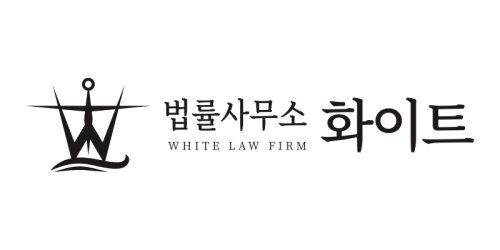Best Wrongful Death Lawyers in South Korea
Share your needs with us, get contacted by law firms.
Free. Takes 2 min.
Or refine your search by selecting a city:
List of the best lawyers in South Korea
About Wrongful Death Law in South Korea:
Wrongful death in South Korea refers to a situation where a person dies due to the negligence or misconduct of another party. In such cases, the surviving family members may be entitled to seek compensation for their loss through a civil lawsuit.
Why You May Need a Lawyer:
You may need a lawyer in cases of wrongful death to navigate the complex legal system, gather evidence to support your claim, negotiate with insurance companies, and represent you in court if necessary. An experienced lawyer can provide valuable guidance and support during this difficult time.
Local Laws Overview:
In South Korea, wrongful death claims are governed by the Civil Act and the Act on the Aggravated Punishment of Specific Crimes. The law allows surviving family members, such as spouses, children, and parents, to seek compensation for the loss of their loved one. It's important to note that there are strict deadlines for filing a wrongful death claim, so it's essential to act quickly.
Frequently Asked Questions:
1. What is considered wrongful death in South Korea?
Wrongful death in South Korea occurs when a person dies as a result of the negligence or intentional actions of another party.
2. Who can file a wrongful death claim in South Korea?
Surviving family members, such as spouses, children, and parents, are typically allowed to file a wrongful death claim in South Korea.
3. What types of damages can be recovered in a wrongful death claim?
Damages that can be recovered in a wrongful death claim in South Korea may include compensation for medical expenses, funeral costs, lost income, and emotional distress.
4. What is the statute of limitations for filing a wrongful death claim in South Korea?
The statute of limitations for filing a wrongful death claim in South Korea is typically three years from the date of death.
5. How can a lawyer help with a wrongful death claim in South Korea?
A lawyer can help gather evidence, negotiate with insurance companies, and represent you in court to seek the compensation you deserve for your loss.
6. Are there any exceptions to the statute of limitations for filing a wrongful death claim in South Korea?
There may be exceptions to the statute of limitations in certain cases, such as cases involving fraud or intentional misconduct.
7. What is the burden of proof in a wrongful death claim in South Korea?
In a wrongful death claim in South Korea, the burden of proof typically lies with the plaintiff to demonstrate that the defendant's negligence or misconduct led to the death of their loved one.
8. Can punitive damages be awarded in a wrongful death claim in South Korea?
Yes, punitive damages may be awarded in cases where the defendant's actions were particularly egregious or intentional.
9. How long does a wrongful death claim in South Korea typically take to resolve?
The timeline for resolving a wrongful death claim in South Korea can vary depending on the complexity of the case and whether a settlement can be reached outside of court.
10. Is it possible to appeal a wrongful death verdict in South Korea?
Yes, it is possible to appeal a wrongful death verdict in South Korea if there are grounds to do so, such as errors in the legal process or new evidence coming to light.
Additional Resources:
If you need legal assistance with a wrongful death claim in South Korea, you can contact the Korean Bar Association or consult with a local law firm specializing in personal injury cases.
Next Steps:
If you believe you have a wrongful death claim in South Korea, it's essential to seek legal advice as soon as possible. Contact a lawyer experienced in wrongful death cases to discuss your options and begin the process of seeking justice and compensation for your loss.
Lawzana helps you find the best lawyers and law firms in South Korea through a curated and pre-screened list of qualified legal professionals. Our platform offers rankings and detailed profiles of attorneys and law firms, allowing you to compare based on practice areas, including Wrongful Death, experience, and client feedback.
Each profile includes a description of the firm's areas of practice, client reviews, team members and partners, year of establishment, spoken languages, office locations, contact information, social media presence, and any published articles or resources. Most firms on our platform speak English and are experienced in both local and international legal matters.
Get a quote from top-rated law firms in South Korea — quickly, securely, and without unnecessary hassle.
Disclaimer:
The information provided on this page is for general informational purposes only and does not constitute legal advice. While we strive to ensure the accuracy and relevance of the content, legal information may change over time, and interpretations of the law can vary. You should always consult with a qualified legal professional for advice specific to your situation.
We disclaim all liability for actions taken or not taken based on the content of this page. If you believe any information is incorrect or outdated, please contact us, and we will review and update it where appropriate.
Browse wrongful death law firms by city in South Korea
Refine your search by selecting a city.










